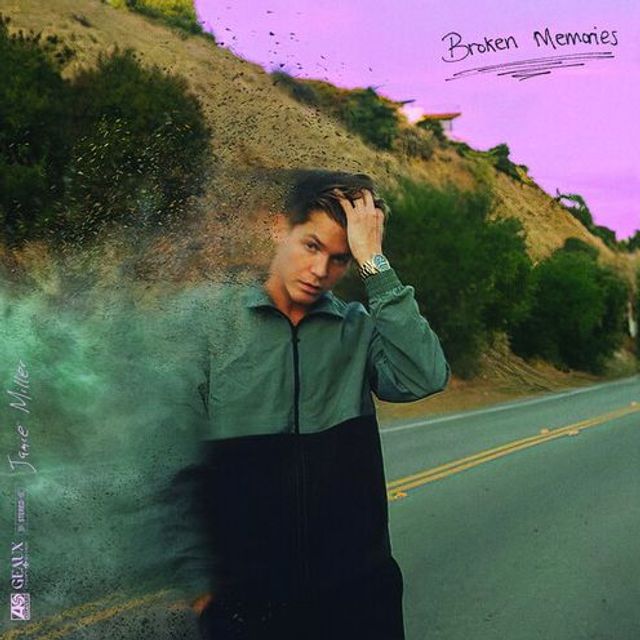Home
CORONAVIRIAN MEMORIES
Loading Inventory...
Barnes and Noble
CORONAVIRIAN MEMORIES
Current price: $31.56


Barnes and Noble
CORONAVIRIAN MEMORIES
Current price: $31.56
Loading Inventory...
Size: OS
*Product Information may vary - to confirm product availability, pricing, and additional information please contact Barnes and Noble
narrative starts with an overview of the molecular, cellular, viral, and bacterial beginning of life on earth (chapter 1
) because pathogens force upon mankind a deep reflection about the meaning of life in general, and of course, death since both are intimately intertwined. We are both the product of the Big Bang and the chemical elements produced by the nuclear fire within the stars of our past. Viruses show us things from our past since they are tied up to the story of our origins; they make time run upstream (chapters 8 and 19:
and
).
The book's overarching narrative winds its way around, from relays to relays, analyzing the biological functioning of viruses and their gene-transmission mechanisms. Then it goes on to analyze the impact that pathogens have on life in general. At this point, the textual logic of the narrative is forced to confront the positivist reduction of life forced upon all of us by evolutionary biologist and algorithmic engineers with their purely materialistic explanations of its origins, evacuating any other dimension (existential, phenomenological or structural, i.e., psychoanalysis, humanism, spirituality...) In the 2nd chapter (
) the book-essay shows that the scientific enterprise, like any other human endeavor is a "discourse" (Foucauldian meaning), albeit powerful, and sophisticated. Of course, many scientists decry this fact, claiming that the sciences only reveal the truth of the object of inquiry as such, as it is; that the sciences disclose the truth-cum-nature. For many scientists, life's origins is/are but a random accident of chemical and molecular assemblages accruing their logical effects over time (evolution), and progressing from autonomous pieces of cellular machinery floating free in the "primeval soup," to progressively and randomly formed, complex entities (proteins or RNA, self-replicating molecules, then cells, prokaryotes, viruses, and bacteria, etc.) The book takes all of this into account, while going further in a non-reductionist way by introducing concepts such as orthogenesis, vitalism, and teleology (Chapter 8,
) Chapter 8 (
) brings about questions (seem eternal) dealing with the ubiquitous presence of pathogens (mixing up life and death, with a preference for death) in Nature, which also bring about reflections about determinism and teleology, randomness and finality, which brings the next chapter 9 (
, i.e., the medieval Black Death), with numerous excerpts from famous literary texts to illustrate and prop up the argument. Chapter 3 (
), deals with ontological (and ideological) questions that the human psyche cannot escape. The mind cannot help experiencing feelings of guilt, abjection, and paranoia (itself analyzed in chapter 7,
) when confronted by a terrible pandemic--something out of the Real (Lacanian meaning). In the Middle-Ages, the virus was supposed to come from God as retribution for sins, bringing about doubts about God's benevolence and even existence. Today's although "we know better," the questions remains. What is the significance of this terrible malevolence? Is it a form of revenge coming not from God, but from Nature? If not, is it a product of God's unconscious, or our own unconscious in some mysterious ways which totally escapes us (synthetical synergy, folding of the cause-effects space-time continuum upon itself? Jungian synchronicity?...). Viruses, like language (the act both via the body and the human language), provoke and entice retrogressive and progressive discourses, renewing with the human, pat histories of suffering and catastrophes. Then, the "Coronavirian narrative" digs into different geological layers of humanity's past, showing through numerous literary quotes form literature, philosophy, and religion that many of our problems encountered by Covid-19 humanity are similar to those encountered by our ancestors.
From Chapter 15 to Chapter 20 (
.) the text explores and analyzes the specificities of the coronavirus pandemic: i.e., the role of consumerist globalization, high-tech digital infotainment's networks and our economic and social organizations. The textual meandering of the book addresses the paradoxical influences that postmodern capital, ideology, and Covid-19 exert upon each other. The virus exacerbates the tendencies the capitalist mode of living/consuming/producing/recreating, was in the process of liquidating, transforming, or creating. Like a regime of computation, Covid-19 tethers us to hyper-virtual mobility and material immobility.


















